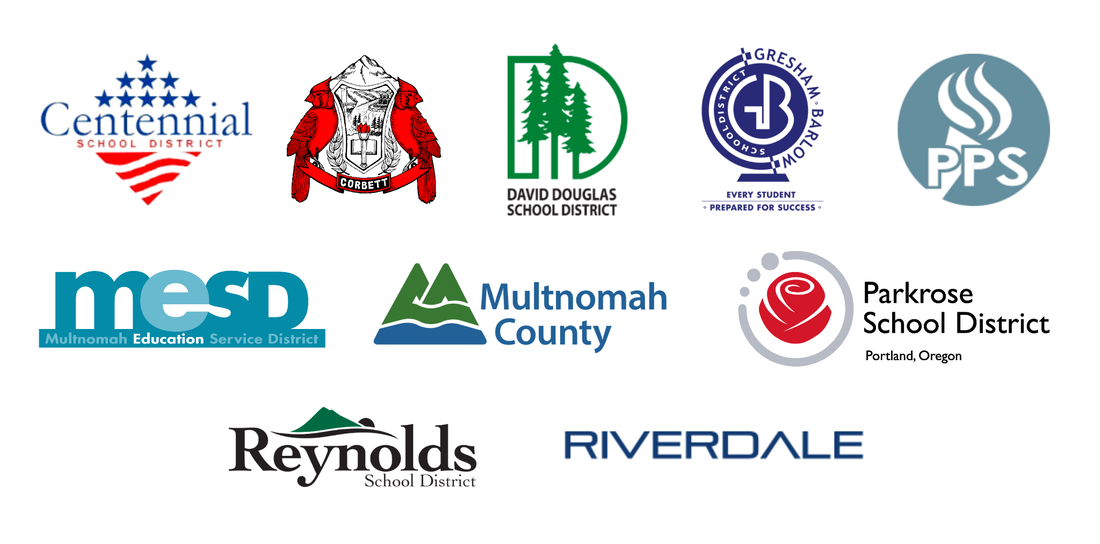
Navigating Crisis Together
A guide to supporting staff and students following a critical incident and traumatic event
A guide to supporting staff and students following a critical incident and traumatic event
Navigating Crisis Together (PDF)
(accessible version coming soon)
Acknowledgments
Our school communities continue to grapple with significant trauma and consistent, intensive stressors. The COVID-19 pandemic, racial injustices in many forms, a dramatic spike in violence locally, a national gun violence crisis, school focused legislation attacking LGBTQIA+ students and staff across the country, contentious political rhetoric and increased hate speech and hate crimes, and the real-time impacts of climate crisis make this a deeply challenging time to be an educator and a student. We have also witnessed the power of community when educators, parents, and students show up for each other in meaningful ways, being incredibly creative in how to navigate this difficult time. Together, we can nurture connected, equitable, compassionate schools that are more equipped to respond to traumatic events.* And, it will always be a work in progress.
This document represents the collaborative work of educators and community partners to provide school districts and schools a guide for building your own mental and behavioral health recovery plan to support staff, students, and families following critical incidents and traumatic events. This guide is the result of a long term process, spanning many years, with Centennial, Corbett, David Douglas, Gresham-Barlow, Parkrose, Portland Public, Reynolds and Riverdale school districts, the Multnomah Education Service District (MESD) and Multnomah County. This edition has been edited and adapted by MESD, with input and feedback from all of our school and community partners. This plan in whole or part is available for use by other agencies, with proper attribution.
We offer deep gratitude to the school districts and partners for their contributions to this plan, and for everything you do daily for our students:
Navigating Crisis Together (PDF)
(accessible version coming soon)
Acknowledgments
Our school communities continue to grapple with significant trauma and consistent, intensive stressors. The COVID-19 pandemic, racial injustices in many forms, a dramatic spike in violence locally, a national gun violence crisis, school focused legislation attacking LGBTQIA+ students and staff across the country, contentious political rhetoric and increased hate speech and hate crimes, and the real-time impacts of climate crisis make this a deeply challenging time to be an educator and a student. We have also witnessed the power of community when educators, parents, and students show up for each other in meaningful ways, being incredibly creative in how to navigate this difficult time. Together, we can nurture connected, equitable, compassionate schools that are more equipped to respond to traumatic events.* And, it will always be a work in progress.
This document represents the collaborative work of educators and community partners to provide school districts and schools a guide for building your own mental and behavioral health recovery plan to support staff, students, and families following critical incidents and traumatic events. This guide is the result of a long term process, spanning many years, with Centennial, Corbett, David Douglas, Gresham-Barlow, Parkrose, Portland Public, Reynolds and Riverdale school districts, the Multnomah Education Service District (MESD) and Multnomah County. This edition has been edited and adapted by MESD, with input and feedback from all of our school and community partners. This plan in whole or part is available for use by other agencies, with proper attribution.
We offer deep gratitude to the school districts and partners for their contributions to this plan, and for everything you do daily for our students:
Skip sidebar content
Special Education Services
Alternative Behavior
Behavior Consulting Services
Behavioral Health
Behavior & Mental Health
Feeding Team Contract
Functional Living Skills K-12
FLS Transition Program
Social and Emotional
Learning (SEL)
Transition Facilitation
Related Services
Alternative Behavior
Behavior Consulting Services
Behavioral Health
Behavior & Mental Health
Feeding Team Contract
Functional Living Skills K-12
FLS Transition Program
Social and Emotional
Learning (SEL)
Transition Facilitation
Related Services
- Assistive Technology
- Occupational Therapy
- Physical Therapy
- School Psychologist
- Speech Language
Pathology
Resources for School Districts
Trainings
Collaborative Problem Solving
Collaborative Problem Solving
|
|
About
|
News & Trainings
-:- More Events -:-
|
Schools
|
Programs
|
Services
|
|
Our Districts
|
For Parents
|
Staff Resources
|
Contact
|
|
|
Multnomah Education Service District prohibits discrimination and harassment on any basis protected by law, including but not limited to race, color, religion, sex, national or ethnic origin, sexual orientation, mental or physical disability or perceived disability, pregnancy, familial status, economic status, veterans' status, parental or marital status or age. For more information and detail on MESD's non-discrimination policies, including procedures and contact information for reporting discrimination, please visit the MESD Non-Discrimination, Harassment & Bullying Notice page.
|
Multnomah Education Service District is in the process of making its electronic and information technologies accessible to individuals with disabilities. If you have suggestions or comments please contact the Office of Strategic Engagement: 503-257-1516. For more information, visit the Collaborative Accessibility page.
|
.
©
2018 Multnomah Education Service District.....


